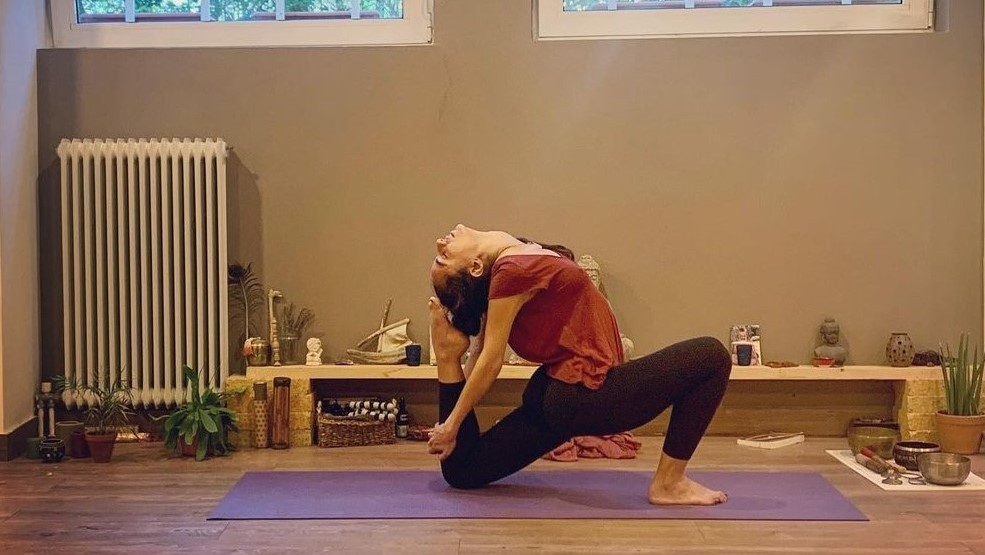
Our Skin
The skin is the largest organ of the body... How often do we really feel it? That thin, full-body, living suit we wear from our first breath to our last. Close your eyes and try to feel it: a sheath that defines us, holds us, protects us and - most importantly - touches us.
The skin is our surface, our guardian, our bridge to the outside world. It is the first to be touched by a kiss, the first to bleed when we fall, the first to be blown away when it blows. It breathes with us, expands and contracts, warms and cools - a malleable membrane that is never really “quiet”.
It weighs up to 7 kg. If we could unfold it, it would cover about 2 square meters - a small mat of flesh and sensation. At the eyelids it is thinner than paper, while at the heels it is thick and sturdy, as if it were made to hold us upright against gravity.
Every moment, it senses countless stimuli - temperature, pressure, humidity, touch. The skin is full of sensors; it's literally our brain to the outside world. A complex network of nerve endings translates everything that touches us into meaning. Even the lightest caress stirs up chemical reactions - oxytocin is released, the heart softens, the body remembers.
Its outer layer, the epidermis, consists of dead cells. This is the irony of beauty: everything we see, everything we put make-up on, everything we admire in the mirror, is already dead. Every minute we lose about 30,000 to 40,000 of them. As Bill Bryson says, in a year we have left behind about a pound of old self - literally. A tacit testament to impermanence and renewal.
"The outer side of the epidermis is composed entirely of dead cells. The thought is rather shocking that everything that makes you cute is dead. Where our bodies meet the air, we are all corpses. These cells of the outer layer of skin are replaced every month. We lose, almost without caring, over 1 million pieces every hour. Slip your finger on a dusty shelf and the line you make has removed pieces of your former self. We become dust, silently and relentlessly." Bill Bryson
But beyond its biological greatness, there's something else: its psychological dimension. Our skin is the way we “feel” our existence. Touch is the first sense we develop as infants - before we see, before we hear, before we understand - and it is also the last to be lost before death. When we are touched, it's not just the skin that feels. We feel it.
How we feel about our skin affects how we feel about ourselves. When people look at us, when we sweat from stress, when we blush with shame, our skin reacts and simultaneously reveals something deeper. It is like a mirror of our emotions. It is no coincidence that many mental disorders also manifest themselves on it with skin symptoms - rashes, sensitivities, itching. The skin becomes a mirror of mental states. It is not only a barrier between our body and the world; it is also a meeting point between the inside and the outside.
Our skin is not just a sheath; it is a quiet language. And if we bend down to listen to it, it can tell us things that thought has no time to understand. And if we could apply this level of vividness and observation to these few inches of one of our layers, how rich the experience of each moment would be if we could, with the same intensity, observe ourselves in our entirety...